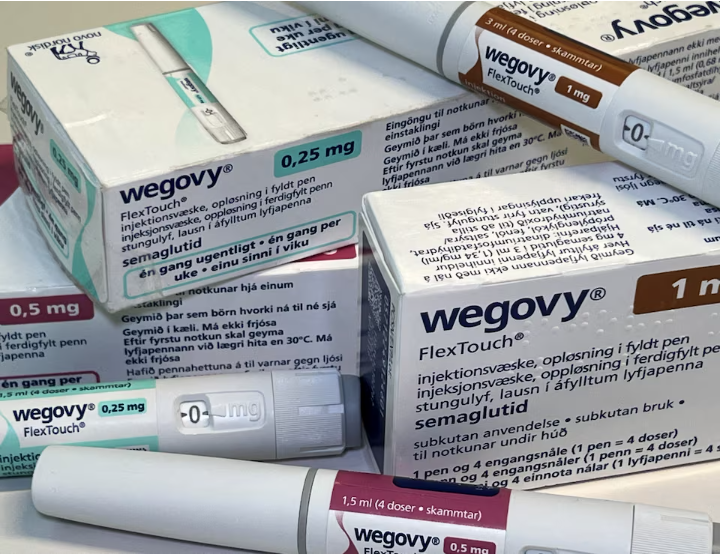As Novo Nordisk’s popular weight-loss drug Wegovy faces ongoing shortages, compounding pharmacies in the U.S. are stepping in to fill the gap, with more than 200,000 prescriptions for compounded versions of the drug being filled monthly. The Alliance for Pharmacy Compounding has urged the FDA to recognize these alternatives’ role in addressing the supply crunch, warning that barring compounded versions could disrupt access for thousands of patients who rely on these cheaper substitutes. The FDA is currently assessing whether Wegovy should remain on its shortage list, a status that allows compounding pharmacies to legally produce these unapproved replicas.
Novo Nordisk has applied to the FDA to prevent compounding pharmacies from producing Wegovy copies, citing concerns about safety and quality. However, compounding industry advocates argue that removing Wegovy from the shortage list would exacerbate the supply crisis, leaving patients without affordable options. They point out that the compounded semaglutide market is much larger than previously estimated, with just 28 surveyed pharmacies reporting over 212,000 monthly prescriptions. Critics argue that the FDA’s shortage assessments fail to account for the compounded market, which operates outside traditional tracking systems.
Demand for semaglutide-based drugs continues to soar, with Novo Nordisk reporting 3.2 million prescriptions for Wegovy and its diabetes counterpart Ozempic within a single month. Compounding pharmacies have become essential for patients unable to access or afford branded versions. Many patients are also turning to telehealth platforms like Hims & Hers Health for compounded alternatives. The FDA acknowledges that compounded drugs serve an important need but warns they carry risks since they are not agency-approved.
Other weight-loss drugs, including Eli Lilly’s Zepbound and Mounjaro, faced similar shortages earlier this year but were removed from the FDA’s shortage list in October. This decision sparked a lawsuit from another compounding industry group, which alleged that Lilly's drugs remain in short supply. According to market reports, compounded semaglutide products currently support an estimated 2 million U.S. patients. Advocates argue that removing compounded versions would shift the burden back onto branded drugs, worsening access issues.
Compounding industry groups have also highlighted ongoing stock shortages of branded Wegovy and Ozempic at major wholesalers like McKesson and Cardinal Health. The FDA is now weighing the future of compounded semaglutide products amid conflicting pressures from Novo Nordisk and compounding advocates. As the obesity epidemic drives unprecedented demand for weight-loss treatments, the decision could have far-reaching implications for millions of patients struggling to find affordable options.





